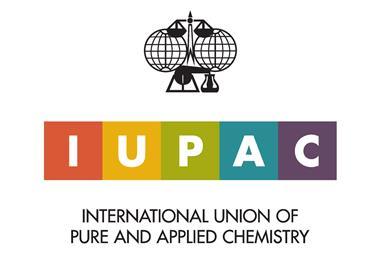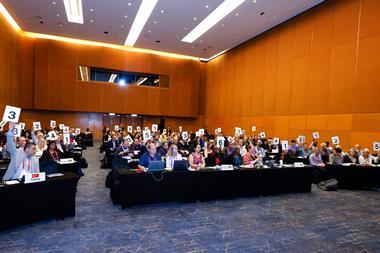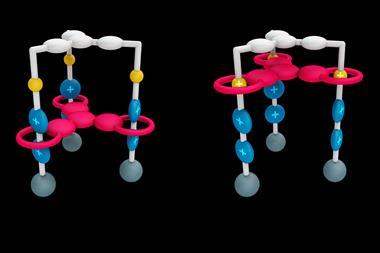The International Union of Pure and Applied Chemistry (Iupac) has launched a set of guiding principles of responsible chemistry with the aim of transforming how chemistry is practised, taught and perceived around the world.
According to Iupac, the principles are a call to action for scientists, educators, industry leaders, policymakers and the next generation of chemists to align their work with ‘humanity’s most urgent needs’. They state that chemists should practice responsible innovation to employ scientific knowledge to maximise the benefits for people but minimise the impact on the planet; that they should implement a culture of safety, security, sustainability and responsibility in the practice of chemistry; and that they should apply ethical values to their work.
The principles also call for inclusivity, equity and belonging; communication and collaboration; and equitable access to information, resources and opportunities within the chemistry community.
Finally, they highlight the importance of integrity and accuracy in chemistry, and the need for convergence across disciplines to address global issues and ensure the wellbeing of people and the planet.
‘Chemistry is not just about what we can make,’ said Javier García-Martinez, past president of Iupac and member of this Iupac project. ‘It’s about what we must do to ensure a liveable, just and sustainable future.’
The principles are particularly targeted at students and young scientists and Iupac collaborated with the King’s Centre for Visualization in Science, a research centre at King’s University, Canada, to bring students into the development process.
Iupac describes the guiding principles as ‘a living resource’ that is designed to evolve and be used in classrooms, labs and policy discussions to ‘help shape a more ethical, inclusive and sustainable future through the power of chemistry’.

















No comments yet